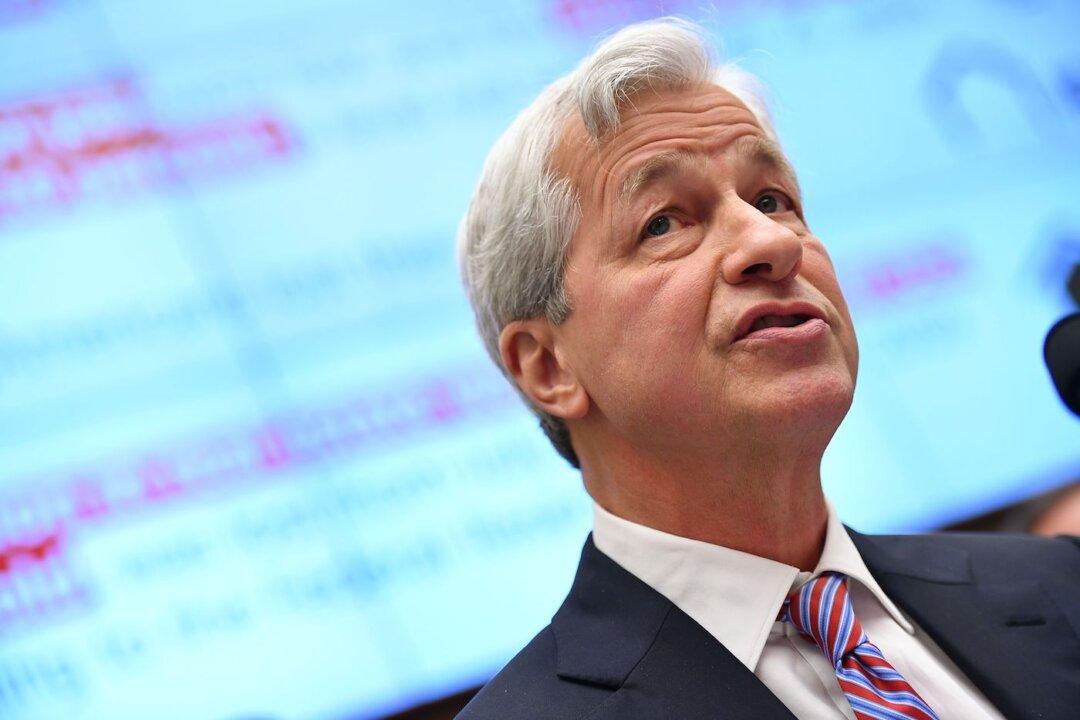Major American banks beat their earnings forecasts, but recession fears are beginning to mount.
JPMorgan Chase, Bank of America, Citigroup, and asset management giant BlackRock reported positive forecasts on Jan. 13, but many investors were still left disappointed.
The banks managed to beat Wall Street’s reduced expectations for their fourth-quarter results, as higher interest rates boosted income from loans.Performance was topsy-turvy in the morning, as bank shares went up and down, as investors absorbed the latest bank earnings, with many remaining concerned by the lenders’ downbeat tone in their earnings reports.





